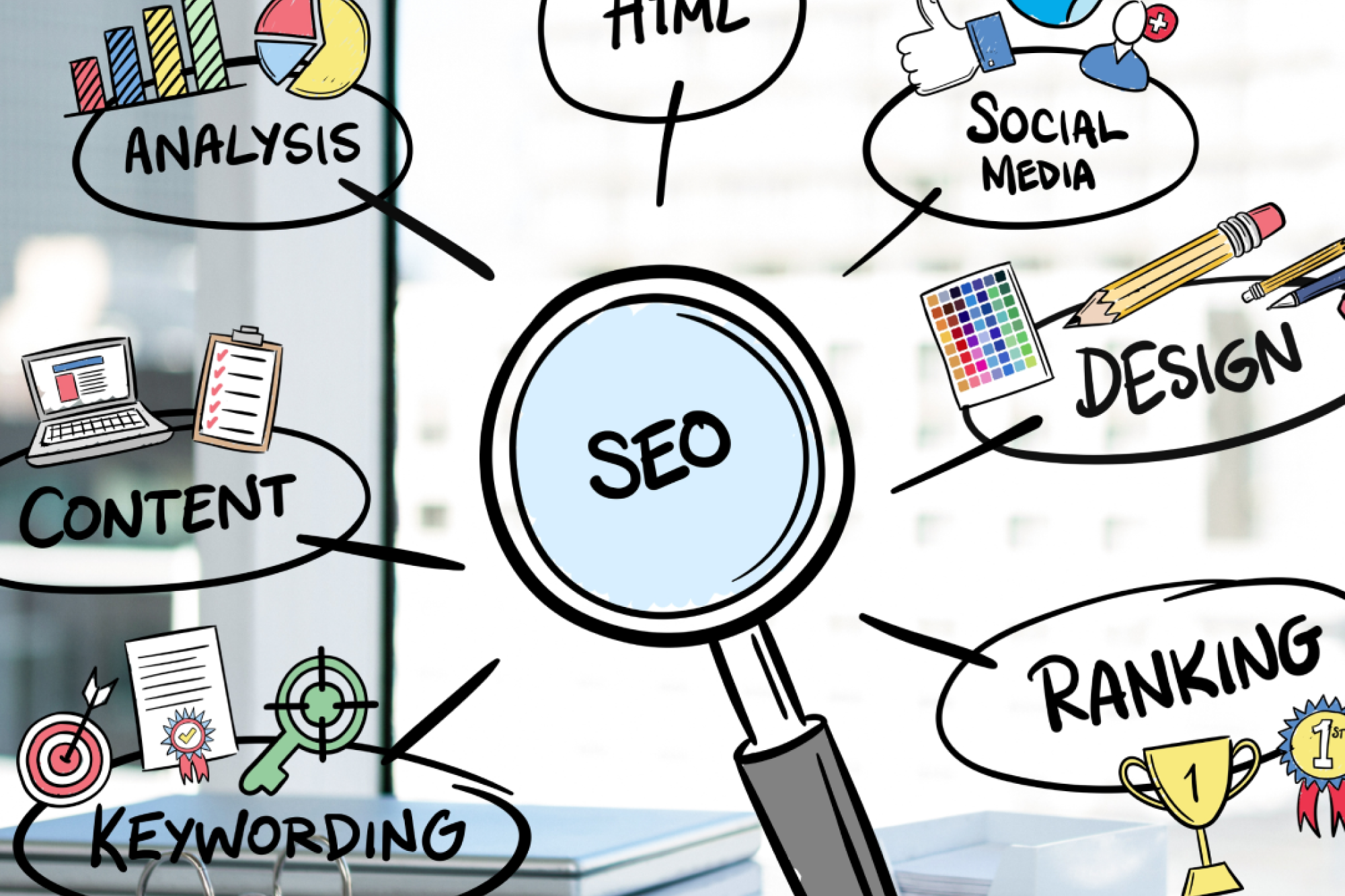One cannot deny that the arrival of ChatGPT has shaken things up in content creation. In a matter of months, we saw a spike in the number of plug-ins and ChatGPT-powered writing and imagery tools which got content creators excited and alarmed at the same time. ‘Will AI replace humans?’ – This million-dollar question is still debated by experts.
However, that is not what we are going to discuss. This blog focuses on a more specific and logical question – How does the search engine – Google – handle AI-generated content for search ranking? Let us take a look at Google’s policy on AI-generated content.
How does Google Define Quality Content?
Before we get into the policy, we must understand two vital search quality guidelines laid by Google about content creation.
E.E.A.T: Experience. Expertise. Authority. Trustworthiness
E.E.A.T is a scale established by Google to evaluate the quality of websites and webpages. It emphasizes well-researched and informative content demonstrating first-hand experience, authoritativeness (industry or domain leader), transparency, and reliability.
Google highly recommends that we should generate content based on these factors to rank higher in SERP (Search Engine Results Page).
YMYL: Your Money, Your Life
Google uses this term to refer to websites and web pages that could directly impact a person’s health, safety, or financial status.
Examples of YMYL pages.
- Education Websites
- Product Reviews
- Medical/Healthcare Websites
- Financial Advice websites
- Travel Websites
- Legal Advice Websites.
Google has set higher standards for YMYL pages in comparison to other types of pages. If the content published on these sites happens to be fake, misleading, or of low quality, google can impose penalties.
What is Google’s Take on AI-Generated Content?

Google’s ranking system has always placed weightage on E.E.A.T. It prioritizes the quality of the content over the method of creation. To put it in simple words, Google is not against AI-generated content as long as it meets the criteria of E.E.A.T. It encourages the use of automation and AI but lays one firm condition – AI-generated content should never be used to manipulate Search Engine Rankings. ‘People-first’ should always be the approach toward content creation.
If you use AI-generated content with the sole intention of ranking higher, you will end up violating Google’s spam policies.
IMPORTANT – New Policy on Automated Content
Google does not allow reviews that are primarily generated by AI or automated programs. If such content is identified, it will be marked as spam.
How does Google determine the helpfulness of the content?

Five key factors determine the results to be displayed for a specific query.
- Meaning of the query – Google uses sophisticated algorithms to decipher what you are looking for from your query.
- Relevance – Google’s systems analyze the content and assess which contains information relevant to the search query. They use keywords and other relevant content (images, videos, related words, etc.) to bring relevant results.
- Quality of the content – Google checks for expertise, authoritativeness, and trustworthiness. One of the main factors contributing to this is the backlink profile. If you have quality backlinks from reputable sites, your website or webpage is trusted and seen as authoritative.
- Usability – Here, UX (user experience) is considered to measure how ‘usable’ your content is. Factors such as mobile friendliness, security, navigation, core web vitals, etc. are taken into account to conclude on usability.
- Context and Settings – Google uses other information like location, search history, and search settings to determine the results that are most relevant for the query entered by the user.
Conclusion
To summarize, Google still stands by the same principle – original, high-quality, people-first content demonstrating E.E.A.T. The good news is it doesn’t mind AI-generated content as long as it meets the criteria specified above. But do not forget that it will mark AI-generated reviews as spam.
Content creators should align with Google’s quality guidelines and use AI-generated content optimally to produce high-quality content that is relevant and helpful. In short, create content for your audience, not for Search Engines. Ensure every piece of content generated by AI is reviewed by a human to ensure quality and relevance.














